The Chinese Foreign Ministry on Monday warned the Philippines not to undermine China's territorial sovereignty and maritime rights and interests and it should not invite external forces to intervene in regional affairs, after Manila's envoy to Washington recently claimed that the Philippines is seeking to count on the U.S. to explore energy resources in the South China Sea.
Chinese experts said on Monday that the Philippines intends to further strengthen its bond with the U.S. and gain more U.S. support to confront China. They warned that if the Philippines operates its oil and gas tapping plan with the U.S., the Beijing-Manila ties, as well as the regional situation, is likely to become more intense and complicated.
"The South China Sea issue is a matter between China and some ASEAN countries. China maintains that maritime disputes, including those related to developing resources, should be handled properly with countries directly concerned through negotiation and consultation," Wang Wenbin, spokesperson from Chinese Foreign Ministry, said on Monday.
The exploration of resources in the South China Sea should not harm China's territorial sovereignty and maritime rights and interests and no one shall draw forces outside the region into the issues, Wang remarked.
In a recent interview in Manila, the Philippine Ambassador to the U.S. Jose Manuel Romualdez disclosed that his country is seeking to parlay its deepening security ties with the U.S. into broader economic benefits. It is also seeking closer ties with U.S. allies such as Japan and Australia, according to a Bloomberg report released on Sunday local time.
The envoy, also the cousin of Philippine President Ferdinand Romualdez Marcos Jr, said inviting U.S. companies to invest in the exploration is among the possible courses of action, without providing more details on the exploring plan.
In January this year, Manila's defense chief has suggested pushing resource exploration as its key local gas field nears depletion. In February, Manila announced it will auction out eight energy projects to secure the country's energy requirements.
Also in February, Philippine Foreign Affairs Secretary Enrique Manalo suggested that the Philippines is open to energy talks with China, while maintaining that Manila would not yield control of any venture to China, according to the Bloomberg.
Chen Xiangmiao, director of the World Navy Research Center at the National Institute for South China Sea Studies, told the Global Times on Monday that the Philippines lacks technology, funds and expertise in exploration, and needs to look to foreign countries for joint efforts. However, on the issue of joint exploration with China, the current Philippines obviously lacks political sincerity.
The Marcos government has been seeking to strengthen its ties with the U.S., Chen said.
Marcos welcomed U.S. Department of Commerce Secretary Gina Raimondo and the Presidential Trade and Investment Mission (PTIM) delegates in Malacañang on Monday. Raimondo said during the visit that American companies are set to announce investments amounting to more than $1 billion in the Philippines.
The Philippines is trying to get additional diplomatic support from the U.S., by inviting American companies to tap oil and gas in South China Sea, Chen said.
"With energy exploration and provocative actions in the South China Sea, the Philippines is trying to show toughness, with the U.S. behind it," said Chen, "The U.S. also uses the Philippines to contain China and pushing its strategy, like establishing military bases in the Philippines and wooing allies to get more involved in South China Sea issues."
According to Chen, it would be difficult to avoid an upgrading maritime confrontation if Manila insists in exploring disputed waters with external countries. With the problems accumulated before, the conflict between the two sides is likely to become sharper, and the situation in the region would become more intense and complicated.









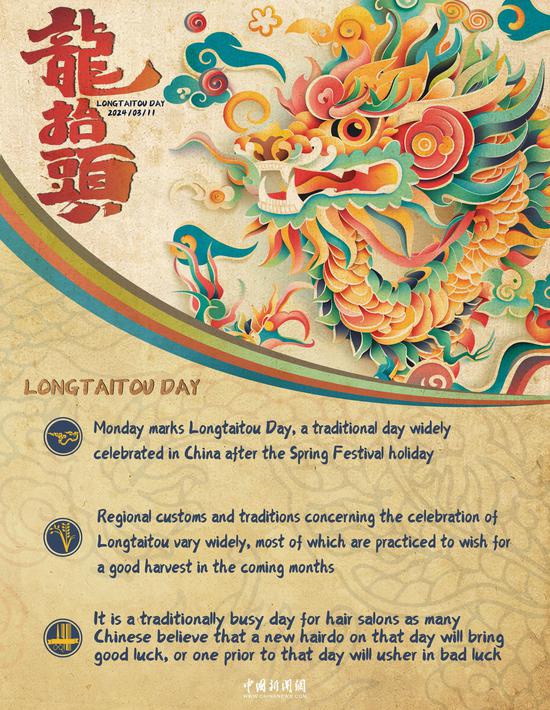

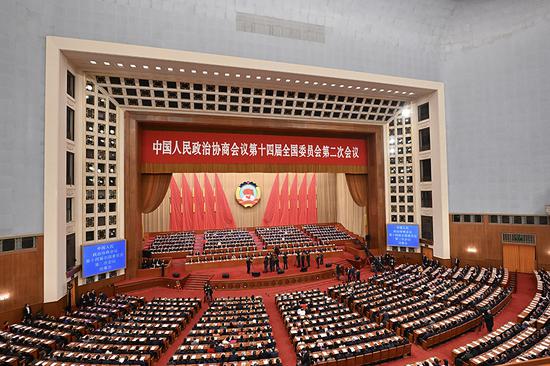
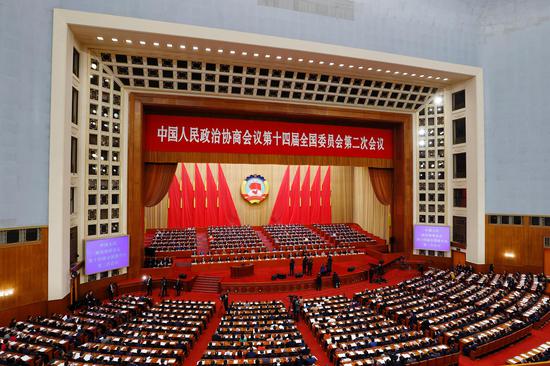

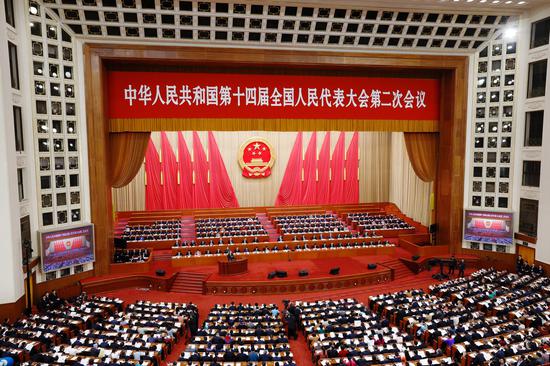
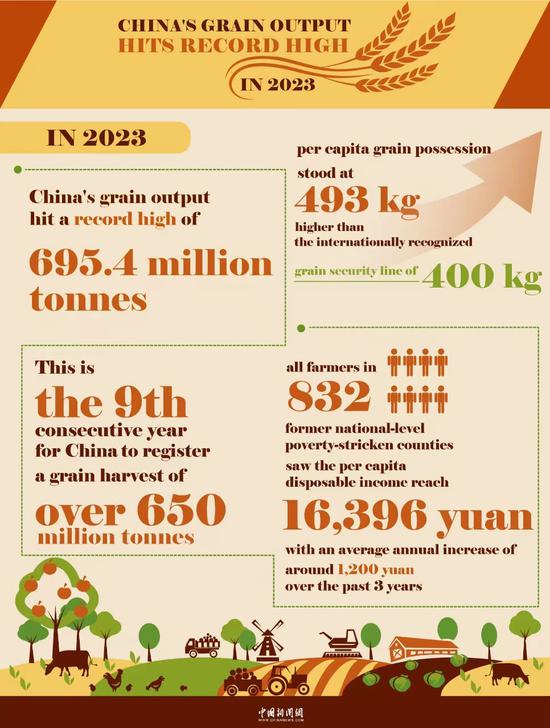
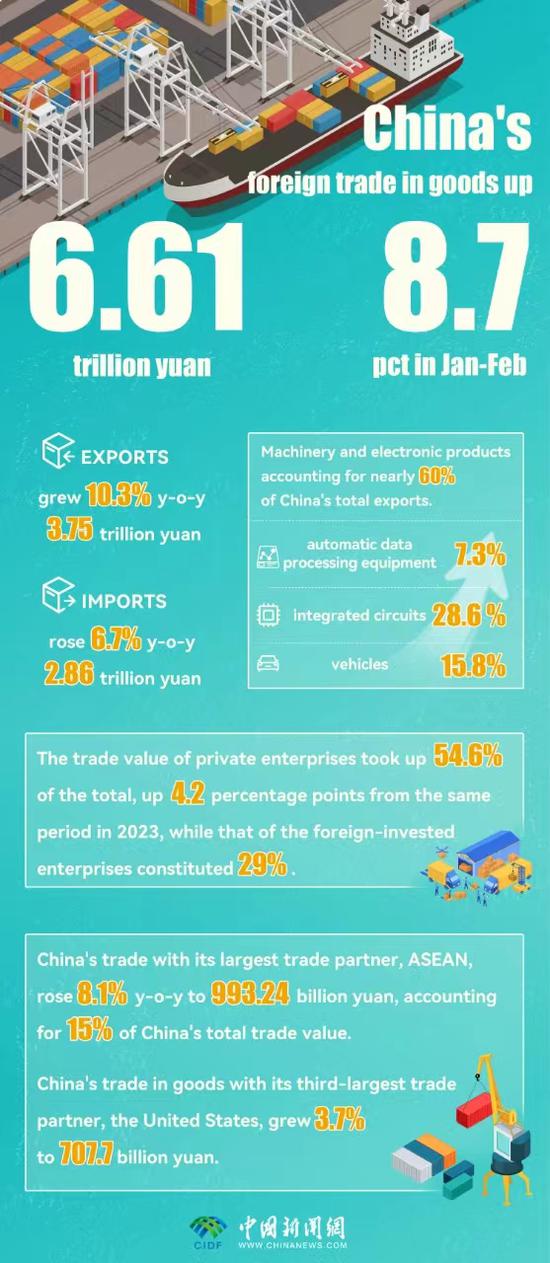
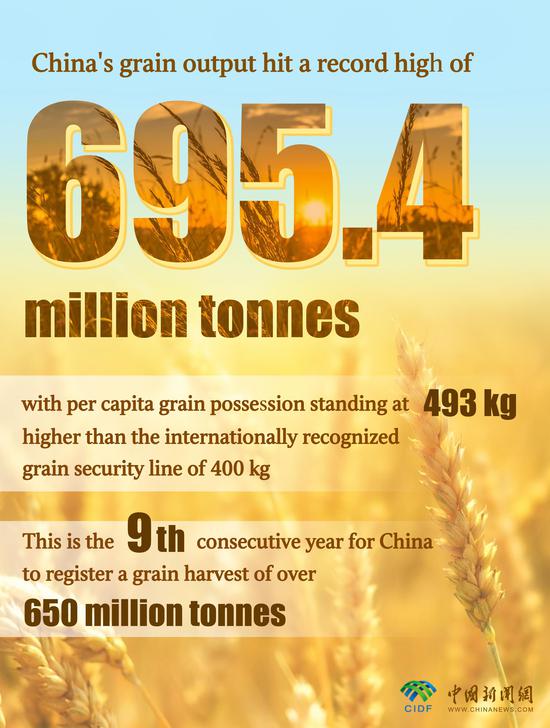
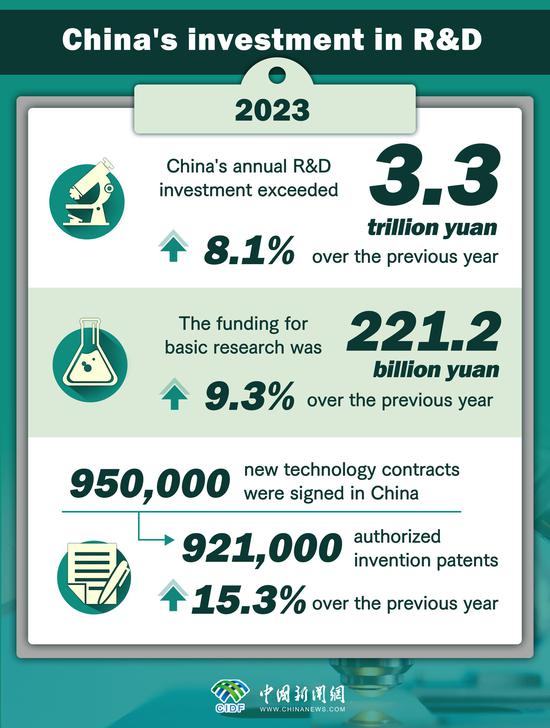


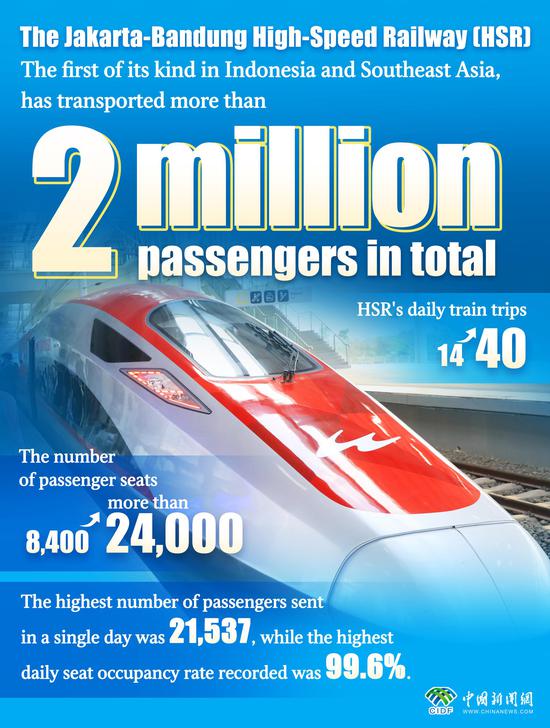



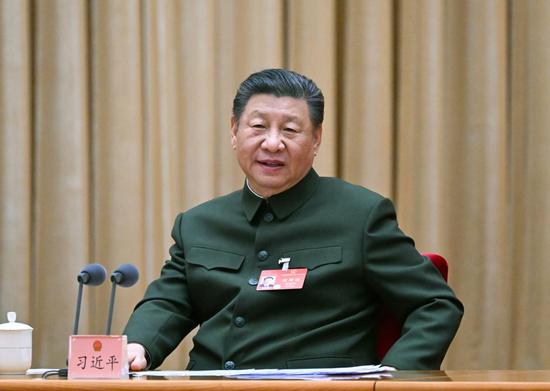
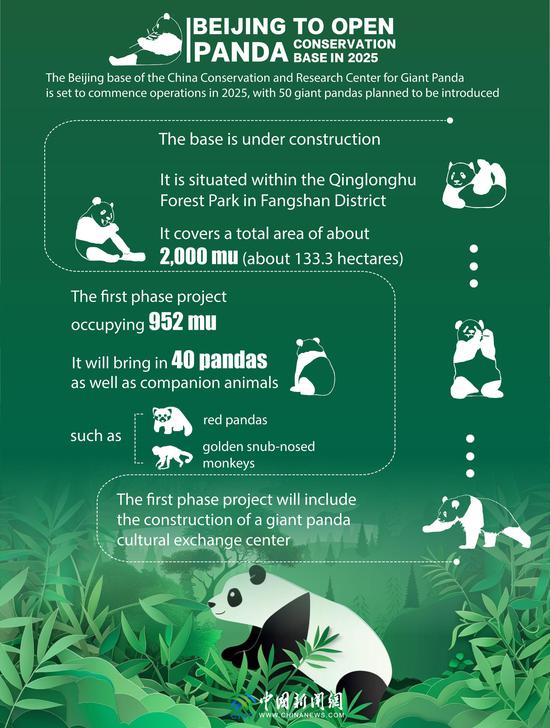
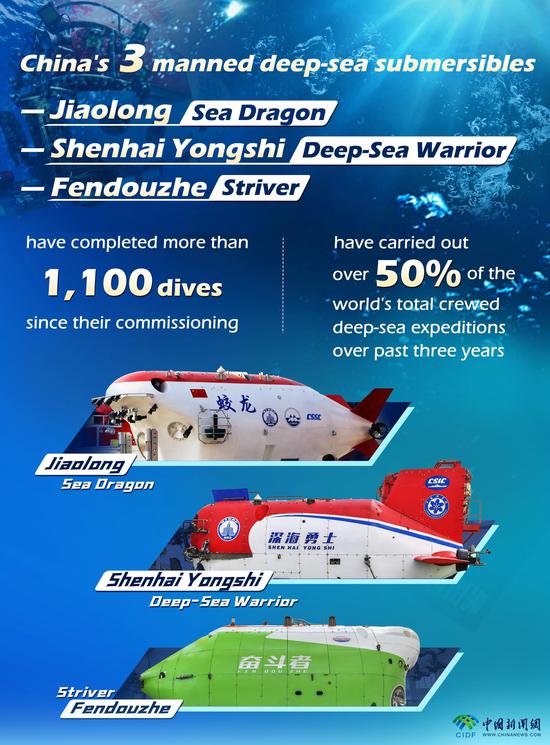
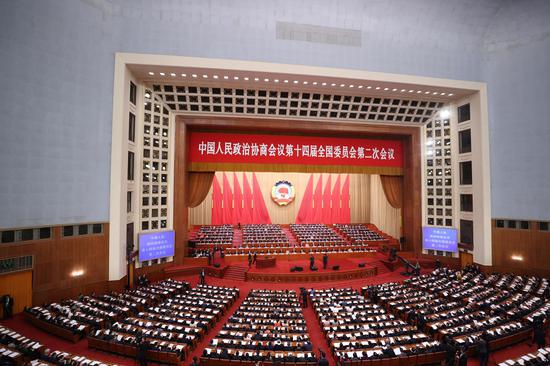
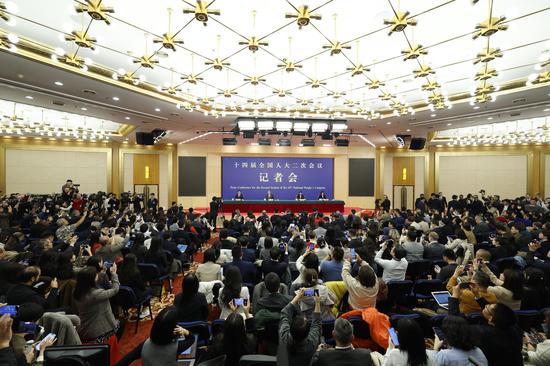

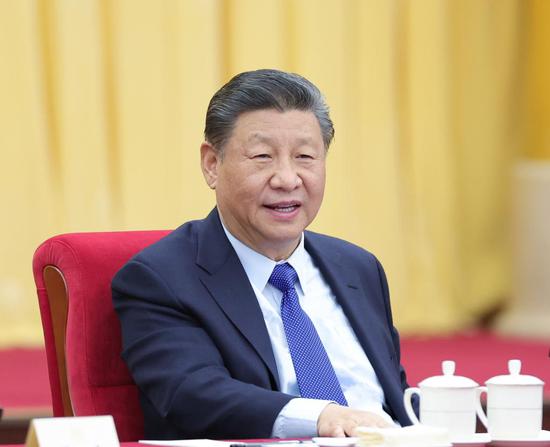
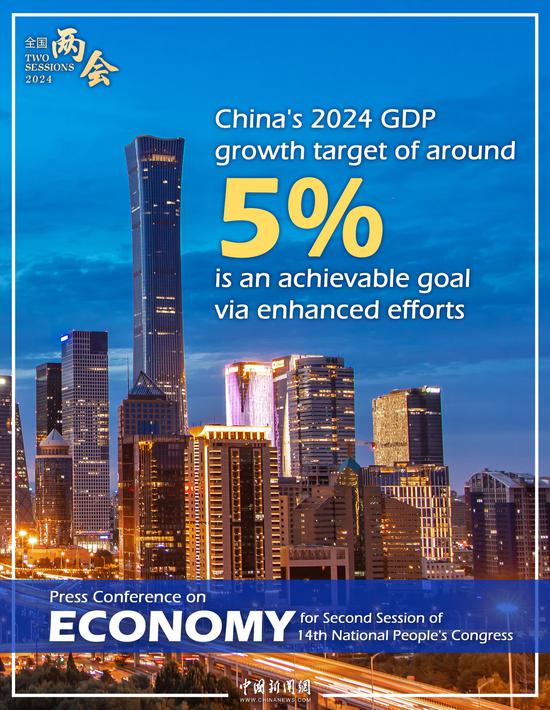
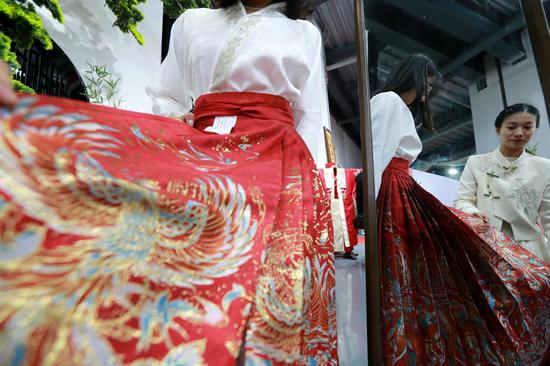


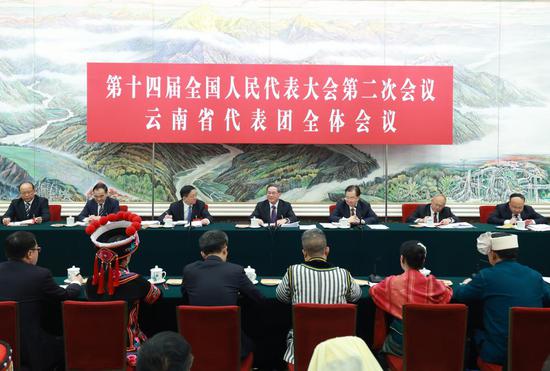
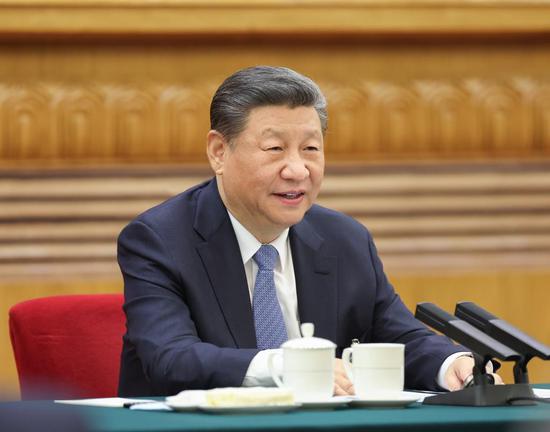
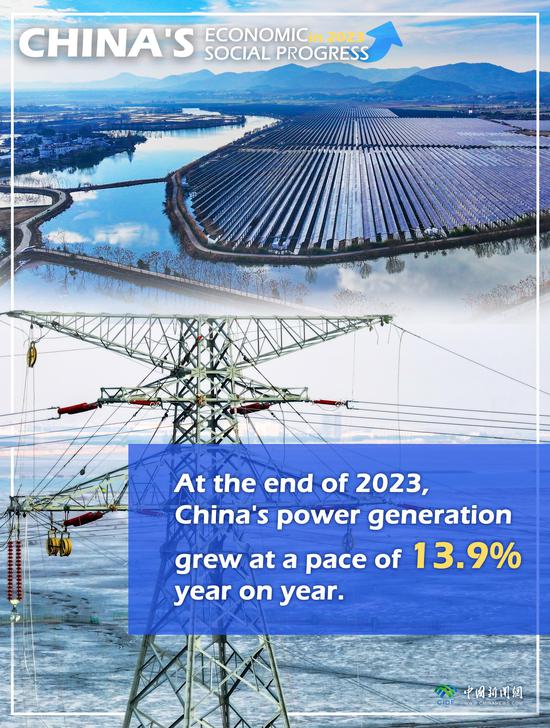
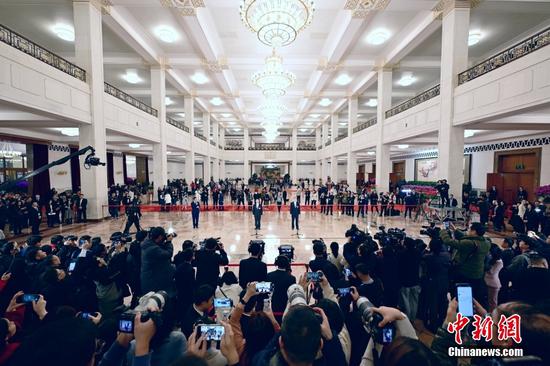
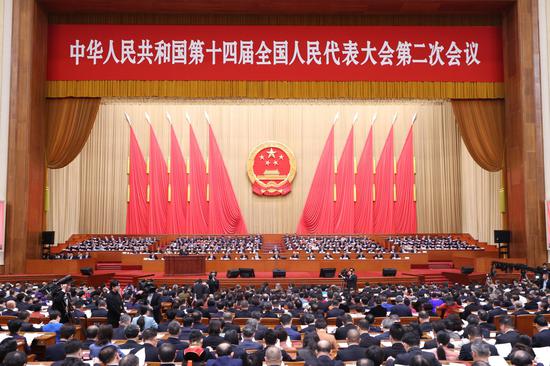

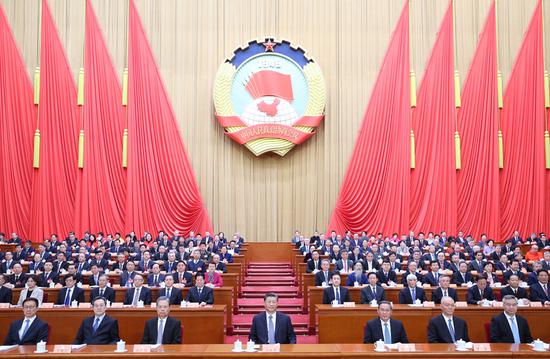
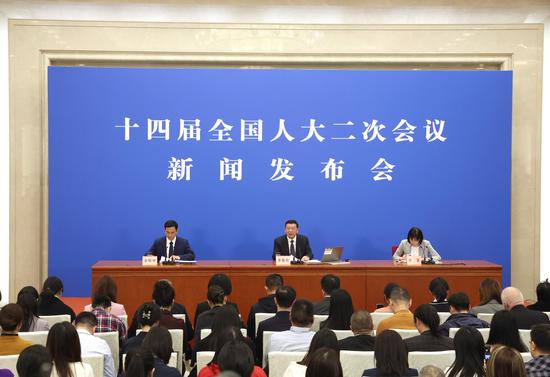
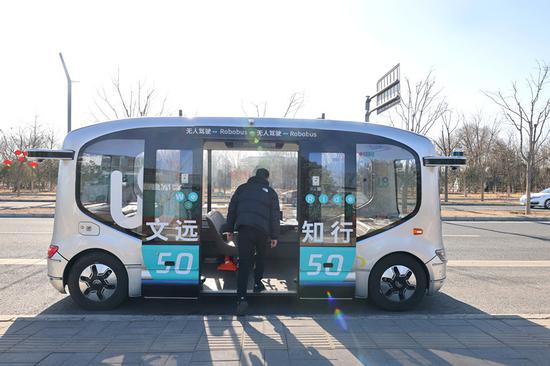





 京公网安备 11010202009201号
京公网安备 11010202009201号